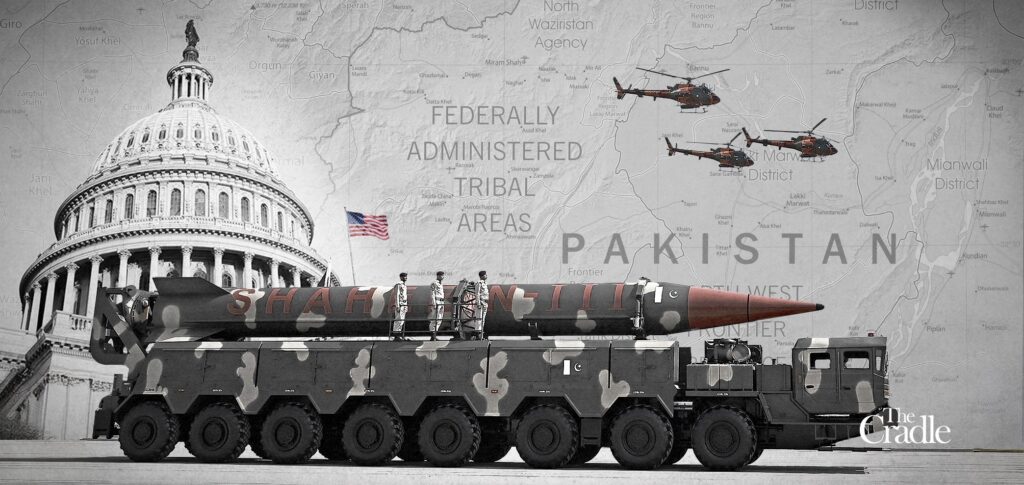As tensions rise in the Middle East, the UK government is facing pressure to define its role carefully amid fears of a wider regional war. The Attorney General, Lord Hermer, has voiced serious concerns over the legality of any British involvement in offensive military action should the United States carry out strikes against Iran. His advice to ministers is clear: the UK should limit any support to defensive operations only, warning that stepping beyond this boundary could breach international law and open the government to significant legal and political consequences.
This legal caution has taken center stage in recent high-level emergency meetings. Prime Minister Keir Starmer chaired a COBRA meeting earlier this week, bringing together senior ministers, military chiefs, intelligence officials, and the U.S. ambassador to discuss the UK’s possible responses. While the UK is moving to protect its assets and personnel in the region, such as placing forces in Cyprus on high readiness and preparing logistical support at bases like Diego Garcia, it has firmly ruled out joining any offensive strike operations.
Starmer emphasized the UK’s longstanding support for Israel’s right to self-defence but made it equally clear that his government does not wish to contribute to escalation. He stressed the importance of staying within international legal boundaries and focusing efforts on diplomacy and de-escalation. Foreign Secretary David Lammy echoed this sentiment, calling the current situation “deeply dangerous” and underlining the government’s intention to keep any UK role both measured and lawful.
Lord Hermer’s legal opinion is particularly influential. His position draws on precedents and international humanitarian law, reinforcing that while the UK can support allies defensively, it must not participate in actions that could be construed as preemptive or aggressive without a clear legal mandate. The government’s strategy appears to reflect this interpretation, as it walks a fine line between demonstrating solidarity with allies and avoiding entanglement in a potential regional war.
At a time of heightened international tension, this legal guidance serves as a sobering reminder of the delicate balance between military readiness and respect for international norms. The UK’s cautious approach sends a message: it is committed to protecting its interests and allies, but not at the cost of violating legal principles or fanning the flames of further conflict.



